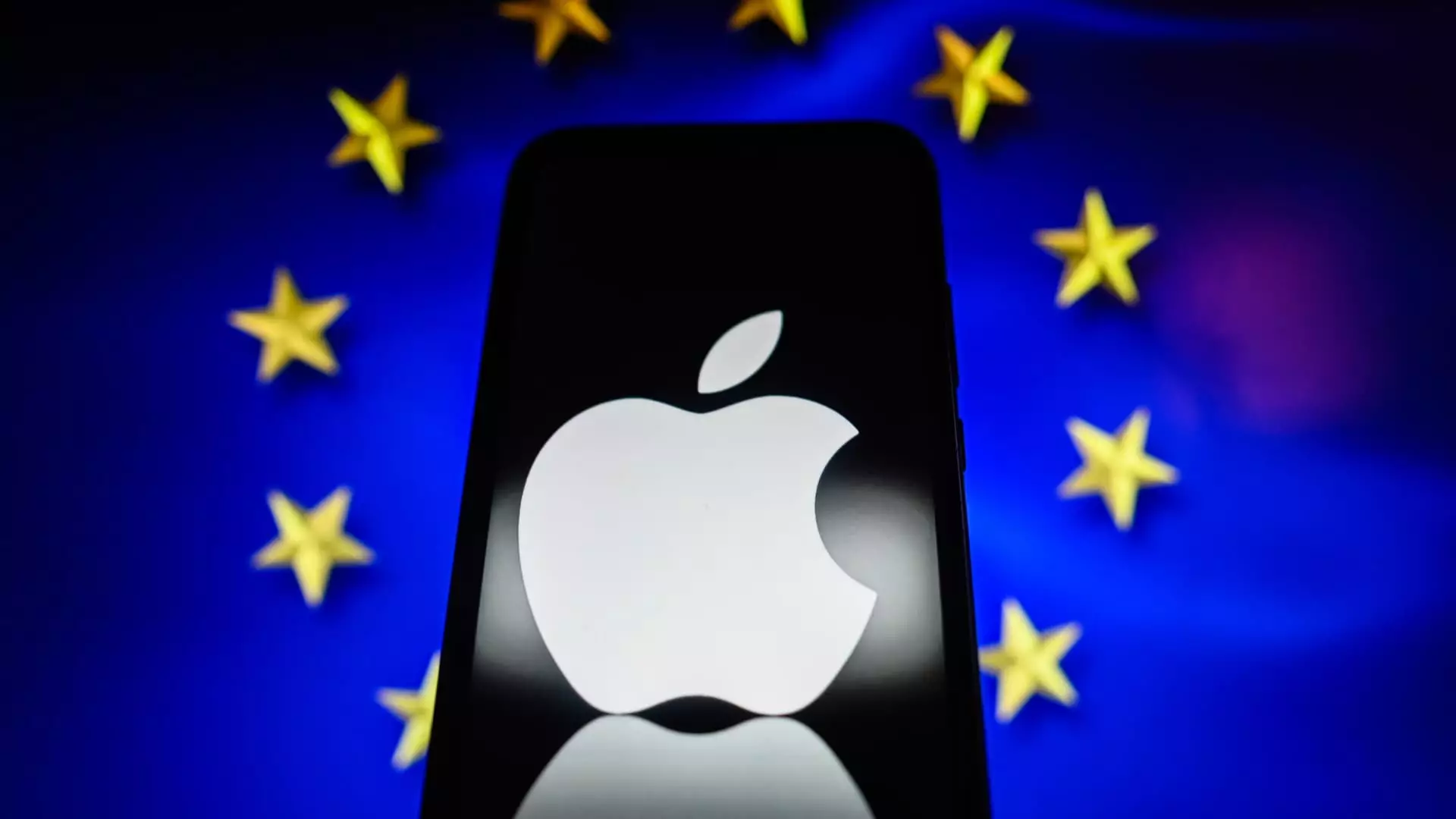The European Union regulators have recently declared that Apple is in violation of the new tech rules as it restricts customers from using alternatives to its App Store. The European Commission has initiated a fresh probe into Apple’s contractual terms with developers as well. This investigation is part of a broader inquiry launched in March under the Digital Markets Act (DMA), which is aimed at curbing the dominance of major tech corporations. Anti-steering rules have been identified as a key focus of the investigation, preventing tech firms from blocking businesses from informing users about cheaper options or subscriptions outside the app store.
According to the preliminary findings by regulators, Apple’s App Store rules impede app developers from freely guiding consumers to alternative channels for offers and content. While Apple allows steering through a system that directs users to a webpage for purchases like subscriptions, it imposes restrictions that inhibit developers from communicating and promoting offers through their preferred distribution channels. The regulators have also criticized Apple for charging excessive fees to developers for acquiring new customers through the App Store, which surpass what is deemed necessary by the DMA.
If Apple is found to be violating the DMA, it could face fines equivalent to up to 10% of the company’s global annual revenue. This is not the first time Apple has faced scrutiny from EU regulators. In March, the company was fined 1.8 billion euros for misusing its dominant position in the music streaming app market. The investigation in March also shed light on Apple’s anti-steering rules, which are now a focal point in the current inquiry.
To align with the DMA, Apple has made significant alterations to its App Store policies in the EU this year. Users can now download apps from websites and third-party app stores on Apple devices. However, concerns have been raised about the company’s continued practice of charging a “core technology fee” for apps installed from sources other than the App Store. Regulators are assessing whether this fee is compliant with the DMA and scrutinizing the process Apple mandates for downloading alternative apps.
The Commission is also examining the eligibility criteria related to offering alternative app stores or directly distributing apps from the web on iPhones to ensure they meet the requirements outlined in the tech law. With the potential for substantial fines and ongoing investigations, Apple finds itself under intense regulatory scrutiny in the EU, challenging its App Store practices and contractual terms with developers.
The investigation into Apple’s breach of the EU’s tech rules highlights the growing regulatory challenges faced by Big Tech companies in the digital marketplace. As the EU aims to rein in the influence of major tech players, companies like Apple must adapt their practices to comply with evolving regulations to avoid penalties and fines.



Leave a Reply